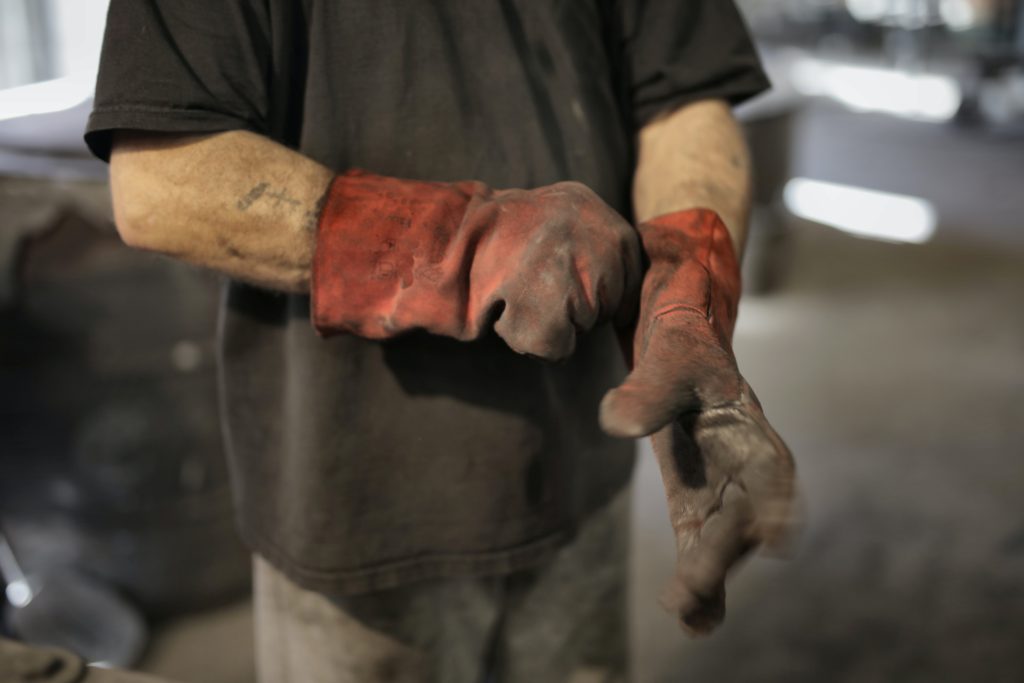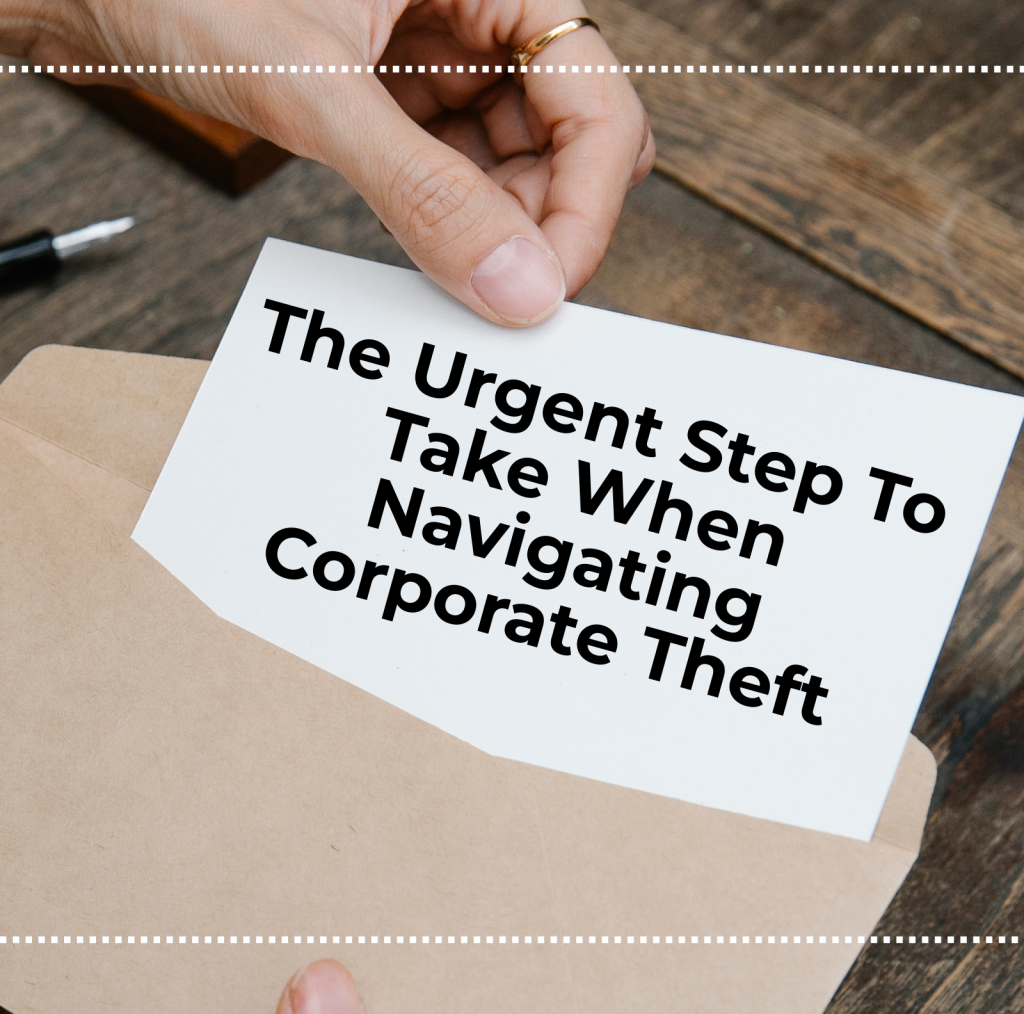Preparing For a Worksite Compliance Investigation Like a Pro

In every single industry—and on worksites across America—the everyday efforts, creativity, and innovation of entire teams have to stay within the lines of a certain rule book. External laws and regulations, internal policies and procedures, and an overarching Code of Conduct is something that every employee is subject to, and straying can have serious consequences. […]
Keeping Construction Honest: Investigating Fraud and Forgery

Given the increasing economic turbulence felt globally in 2022—thanks to factors such as the Covid-19 pandemic and unfolding energy crisis—it comes as no surprise that fraud is on the rise. Even the construction industry is not impervious to these impacts. In fact, the complexities of numerous cost outputs, suppliers, and subcontractors mean that it has […]
Are Members of Your Crew Malingering? Get Answers With a Private Investigator

Being able to rely on your crew operating like a well oiled machine is the difference between profit and loss for your business. When the team is cohesive, mountains can be moved and your investments are sure to pay off. But what happens if you begin to suspect a member of your crew is malingering […]
Why You Should Run a Background Check on Your Foreman

If you’re at the helm of a successful construction company, then it’s safe to say that you are a master of juggling risk and balancing complex budgets. In fact, you’re currently expanding, and its time to recruit a new foreman. Sure, you might have a great gut when it comes to reading people and sussing […]
The Importance of Hiring an External Investigator for Worksite Incidents

On any construction site, preventing the untoward is always a primary goal. However, with all the will in the world, even the most adept safety program will never be entirely infallible. Around 150,000 construction workers are injured on the job each year according to the Bureau of Labor Statistics, and that’s just one of the […]
What is a Lifestyle Investigation? It’s an Investment

What is a lifestyle investigation? To put it quite simply, it’s an investigation into all possible points of interest in a subject’s daily life. While lifestyle investigations can provide crucial clarity in most aspects of our lives, what’s imperative is finding the right investigator to conduct it. When it comes to welcoming people into the […]
The Importance of Background Checks for Business Partners
When you’re about to enter a new business relationship—especially when acquiring a new business partner—it’s imperative to have the full picture when making that decision. However, there can be a myriad of factors that may affect a business relationship that have nothing to do with the business itself, such as problems with substance abuse, compulsive […]
How A Private Investigator Can Make Your Human Resources Stronger

When human resources function like a well-oiled machine, teams flourish and profits soar. However, when HR practices slide even a little off track, the resulting problems can be pervasive. Issues such as rapid turnover, employee fraud, workplace theft, and so many more can pop up as symptoms of an eroding corporate culture. Meanwhile, even the […]
Signs of a Home Improvement Scam
Adding value to one’s home is an investment many homeowners hope to make to their property. One of the most common ways to do this is by renovating the interior of the home, the exterior or both. When it comes to vetting contractors for the job, consumers must be vigilant of scammers who hope to […]
The Urgent Step To Take When Navigating Corporate Theft

When evidence points to the unpleasant reality that someone has targeted your organization, it’s not the time to bury your head in the sand. From a cybersecurity threat to white collar crime; from fraud or extortion to a physical break-in: it’s safe to assume that the violation in question isn’t an isolated incident. You’re going […]